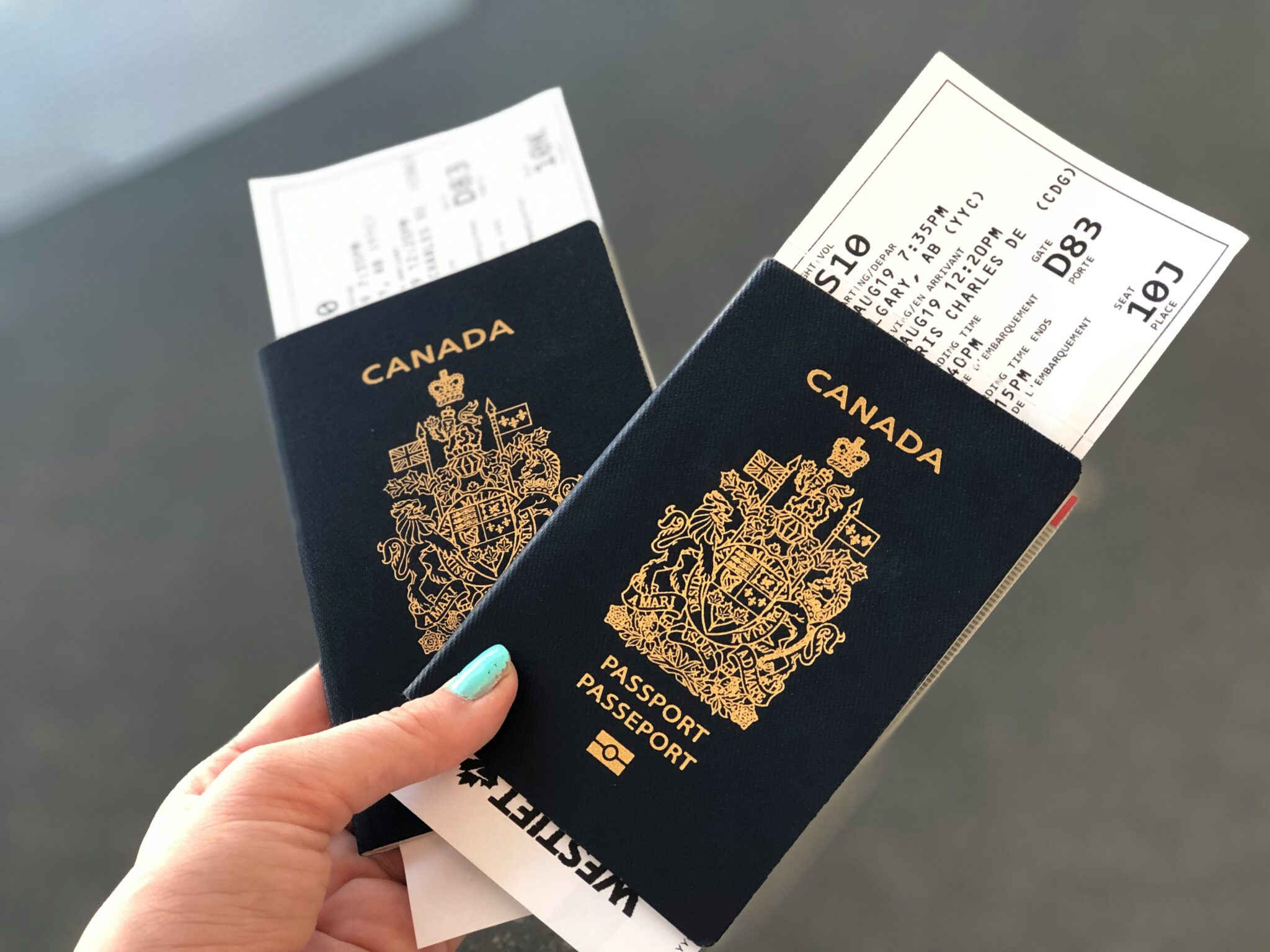American Airlines' New Strategy Causes Pricing Gaps
Skift Take

Skift Daily Briefing Podcast
Listen to the day’s top travel stories in under four minutes every weekday.Good morning from Skift. It’s Thursday, April 6. Here’s what you need to know about the business of travel today.
Listen Now
🎧 Subscribe
Apple Podcasts | Spotify | Overcast | Google Podcasts
Episode Notes
American Airlines recently shook up its ticket distribution strategy to help it gain more control of airfares. That move has resulted in corporate travel agencies seeing huge gaps in ticket prices, reports Corporate Travel Editor Matthew Parsons.
American moved 40 percent of its airfares to its website and channels powered by New Distribution Capability, a technology that gives airlines more power over their content. It also stopped selling tickets through what it describes as third-party legacy technology platforms. Although three major global distribution systems now provide access to the carrier’s New Distribution Capability-enabled fares, Parsons writes corporate travel agencies are seeing large fluctuations in ticket prices.
One agency, AmTrav, said 35 percent of its itineraries had lower fares in New Distribution Capability than in standard distribution systems.
Next, the growing number of travelers combining business and leisure during their trips are becoming a more valuable market for hotel brands. So designers are increasingly looking to adapt to their changing needs, reports Contributor Carley Thornell.
Thornell writes brands are making changes that go far beyond enhancing Wi-Fi capabilities or adding power ports. She cites Zoku as one brand that’s modified the common spaces to help improve interaction among guests. A Zoku executive said it needs to create watercooler moments for visitors, with Thornell noting that the company has selected long communal tables to encourage guests to interact with each other.
An executive at one design firm said there’s no going back when it comes to hospitality spaces, adding the hotel lobby is no longer a space to sit and wait for a car.
Finally, Australian short-term rental operator Alloggio is poised to be taken private by a private equity firm. Short-Term Rental Reporter Srividya Kalyanaraman writes that other struggling companies in the sector could follow in Alloggio’s path.
Alloggio would go private if its shareholders approve the roughly $40 million deal in July. Although Kalyanaraman writes that private equity can inject much-needed capital into some companies, it also often comes with restructuring — including furloughs and change of management.
Annie Holcombe, co-host of a podcast devoted to vacation rentals, said being managed by private equity could help firms operate more efficiently. Allogio — as well as Vacasa and Sonder — have experienced struggles after going public.





